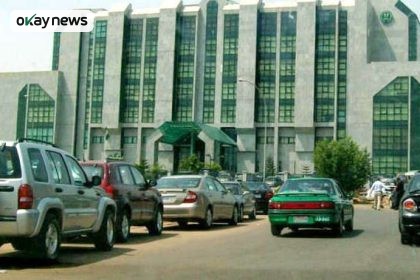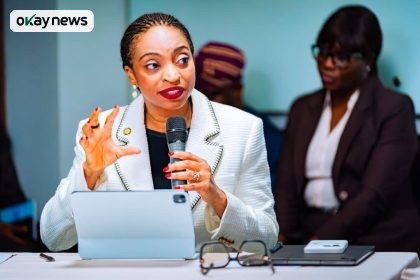The Federal Ministry of Finance and the Central Bank of Nigeria (CBN) have established a joint working group to study the adoption of stablecoins in Nigeria, as part of efforts to advance financial innovation while managing associated risks.
CBN Governor Olayemi Cardoso disclosed this during a press briefing at the conclusion of the World Bank and International Monetary Fund (IMF) Annual Meetings in Washington, D.C.
Cardoso explained that the initiative seeks to deepen understanding of the implications and regulatory requirements for introducing a stablecoin framework within Nigeria’s financial system. “The Central Bank, the Ministry of Finance, and other relevant agencies have set up working groups to explore the broader ramifications of adopting stablecoins,” he said.
He emphasised that discussions at the IMF and World Bank meetings underscored the need to support innovation without compromising financial stability. “No one wants to stifle innovation, but we must balance it with the risks inherent in new technologies and digital currencies,” he noted.
Cardoso added that the apex bank is expanding engagement with fintech stakeholders to strengthen innovation and inclusion. He cited the recent strategic session themed “Shaping the Future of FinTech in Nigeria: Innovation, Inclusion and Integrity.”
On macroeconomic developments, the CBN governor reported that inflation has begun to ease, supported by disciplined monetary tightening, exchange rate unification, and improved market transparency. He noted that the naira has continued to stabilise, with the spread between official and bureau de change rates narrowing to below two per cent, while foreign reserves now exceed $43 billion, providing over eleven months of import cover.
He also highlighted the growing influence of non-bank financial institutions, such as microfinance and digital lenders, calling for stronger oversight to ensure market integrity.
Minister of State for Finance, Doris Nkiruka Uzoka-Anite, reaffirmed the government’s focus on infrastructure, agriculture, and the digital economy to drive job creation. She said Nigeria’s participation in the World Bank’s Agri-Connect Programme would help scale innovation in agriculture and support women and vulnerable groups.
According to her, fiscal reforms and improved revenue mobilisation will enable increased investment in priority sectors to sustain economic growth and employment generation.







